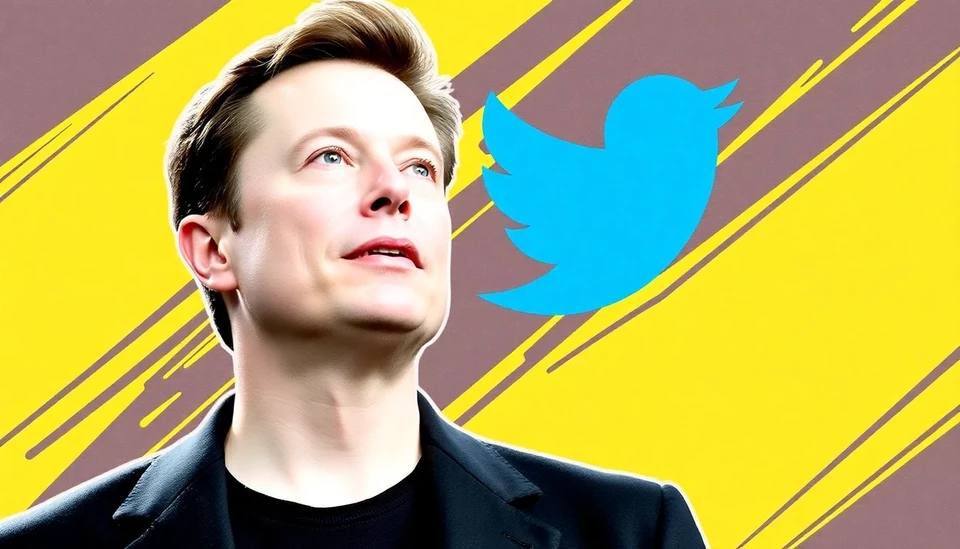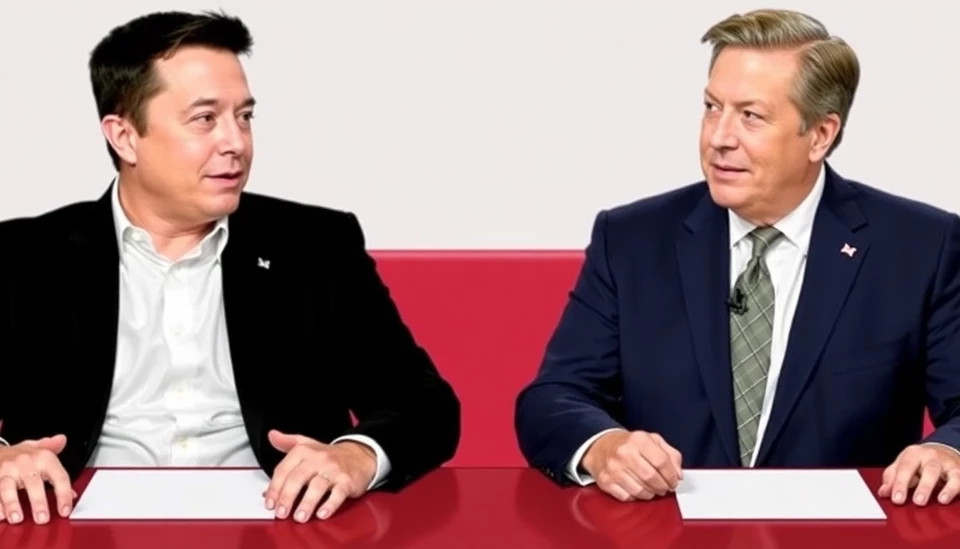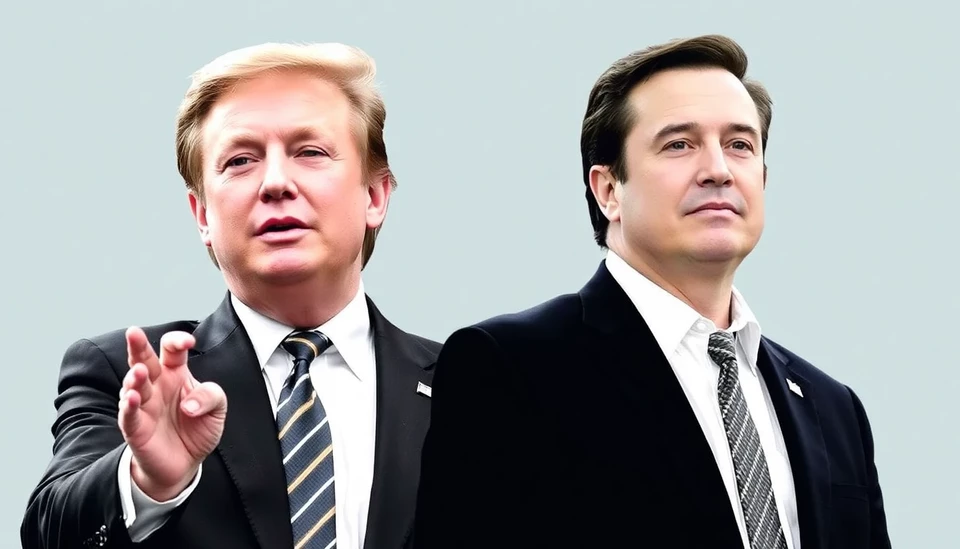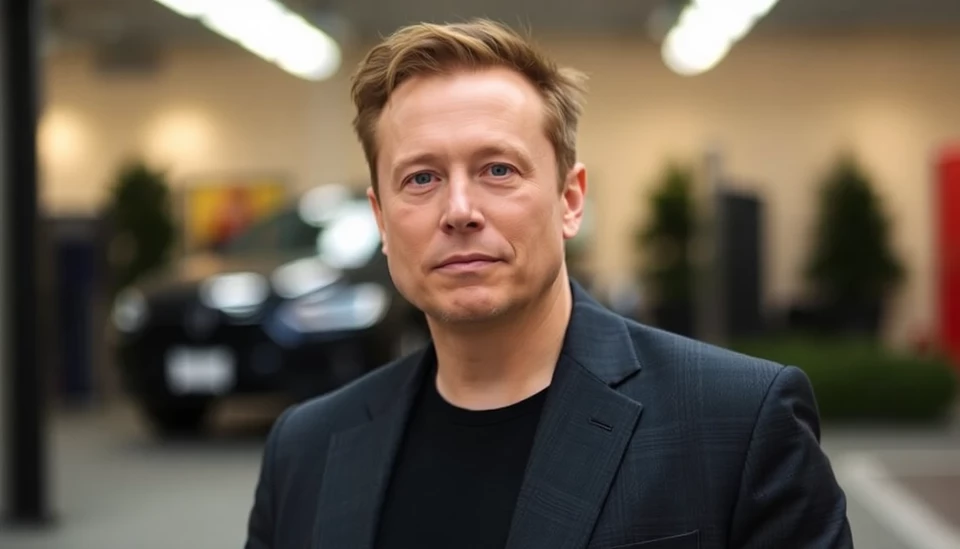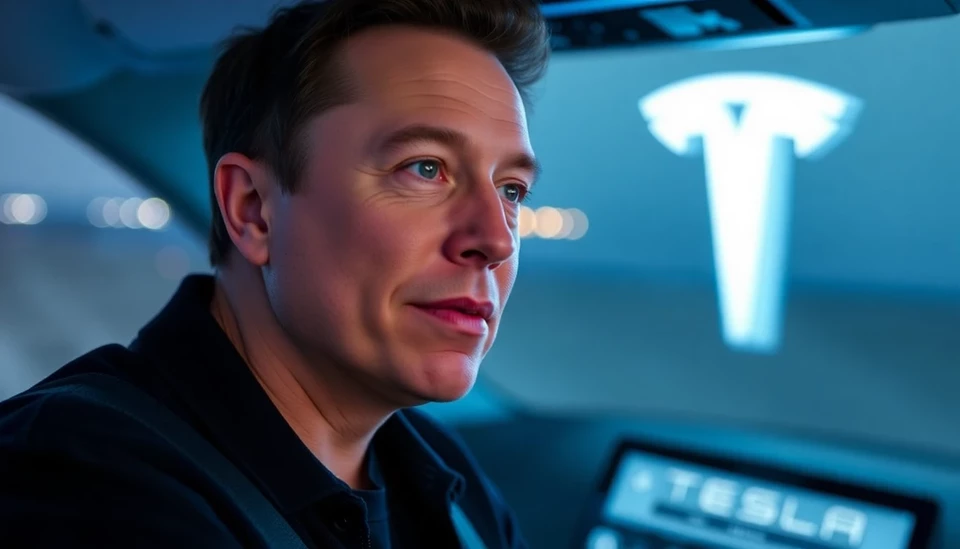
In the ever-evolving landscape of electric vehicles, Tesla's bold venture into the taxi-service domain with its proposed Cybercab has drawn significant attention. However, recent insights suggest that Elon Musk may encounter formidable challenges in successfully marketing and selling these futuristic vehicles.
The Cybercab, an adaptation of Tesla's iconic Cybertruck, is envisioned as a revolutionary transportation option. With its striking design and sustainability features, the vehicle aims to redefine urban mobility. Yet, the prospect of establishing a niche for this product is not without its hurdles.
One of the primary concerns relates to the actual readiness of the technology that powers the Cybercab. While Tesla has made headlines for its advancements in autonomous driving capabilities, the reality shows that these technologies are still under rigorous testing phases. Regulatory hurdles present another significant barrier; varied jurisdictions have distinct laws regarding autonomous vehicles, which could affect the rollout and operation of Cybercabs.
Moreover, the competitive landscape in the electric vehicle market is intensifying. New players are entering the fray, each vying to capture a share of the rapidly growing demand for electric and smart taxi solutions. Established companies, alongside newer startups, are developing their own autonomous taxi services, which could dilute Tesla's potential market share.
In addition to external competition, there are internal challenges within Tesla itself. Manufacturing and supply chain issues have been a significant pain point for the company, causing delays in vehicle production and delivery timelines. These operational difficulties might hinder Musk's ambitions for Cybercab's swift market introduction.
Consumer adoption represents another critical factor that could determine the success of the Cybercab. While there is a segment of the population eager to embrace electric, autonomous transportation, others remain skeptical. Concerns regarding safety, reliability, and the overall user experience can deter potential customers from choosing Cybercabs over traditional taxi services or ridesharing options.
Despite the potential obstacles, Musk's vision embodies an innovative approach to urban transport. Many proponents believe that if the Cybercab can overcome these challenges, it has the potential to revolutionize how cities engage with transportation and reduce urban congestion while promoting sustainability.
As the timeline for release draws nearer, it will be critical for Tesla to communicate effectively with consumers and regulators, addressing concerns and highlighting the vehicle’s safety and efficiency. Effective marketing strategies will be vital as competition rises and consumer attention spans shorten.
The future of Cybercabs remains uncertain, yet if anyone can navigate these turbulent waters, it’s likely to be Tesla and Elon Musk. How this ambitious project unfolds could have lasting implications for both the company and the transport industry at large.
In conclusion, while Elon Musk's Cybercab initiative captures the imagination of many, a combination of technological, regulatory, and market-related challenges looms substantial. The coming months will be telling as Tesla attempts to convert ambition into reality.
#ElonMusk #Tesla #Cybercab #ElectricVehicles #AutonomousDriving #UrbanMobility
Author: Samuel Brooks
